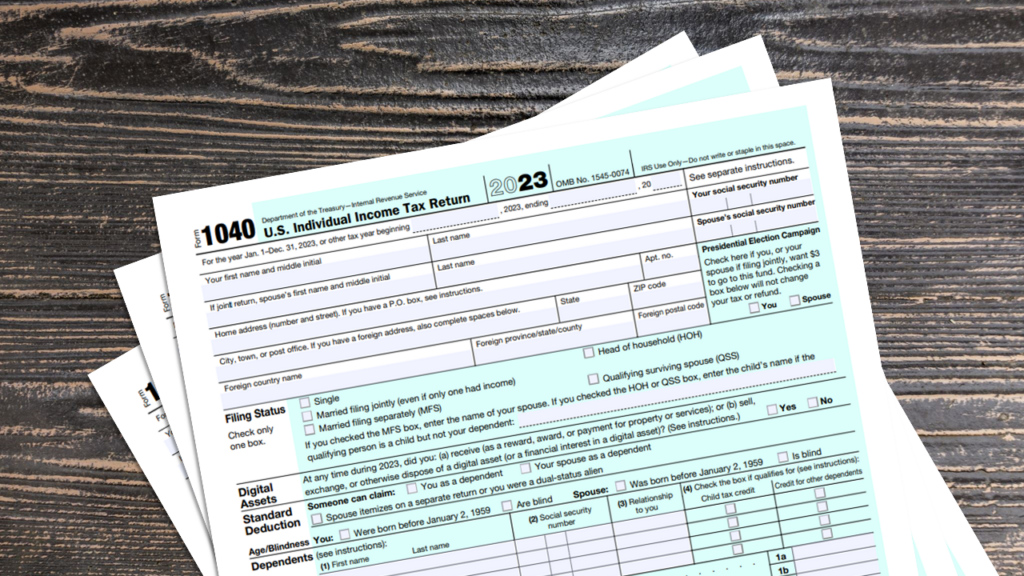Code (Internal Revenue)
The Internal Revenue Code of 1986, as amended and in effect on the date of issuance of the bonds.
Congress passed the Tax Cuts and Jobs Act (TCJA) in 2017. The large tax bill passed under reconciliation rules made major changes to the Internal Revenue Code (IRC), including the elimination of tax-exempt Advance Refunding Bonds.
See Also
The Internal Revenue Code of 1986, as amended and in effect on the date of issuance of the bonds.
A type of refunding transaction in which the refunding bonds are issued more than 90 days before the redemption or final maturity, whichever is earlier, of the refunded bonds.

Where we’ve been in 2025, and what’s ahead in 2026.

The new Congress has begun with a long agenda on tap. Here’s what we know coming out of the gate.

Key provisions of the Tax Cuts and Jobs Act (TCJA) begin to expire at the end of next year, teeing up the likelihood of a major tax package in the…

Request that the Internal Revenue Service (“IRS”) significantly lower the user fee it charges State and local governments for private letter rulings related to tax-advantaged bonds (the “User Fee”) and…

Requested items for inclusion on the Internal Revenue Service’s (IRS) 2019-2020 Priority Guidance Plan.

Request that the Office of Indian Tribal Governments/Tax Exempt Bonds (“ITG/TEB”) provide written guidance regarding the treatment of tax-exempt bonds issued to advance refund taxable bonds that are not tax-advantaged…

A taxable bond that offers a federal Interest subsidy to the Issuer in lieu of the interest being excludable from federal income tax.